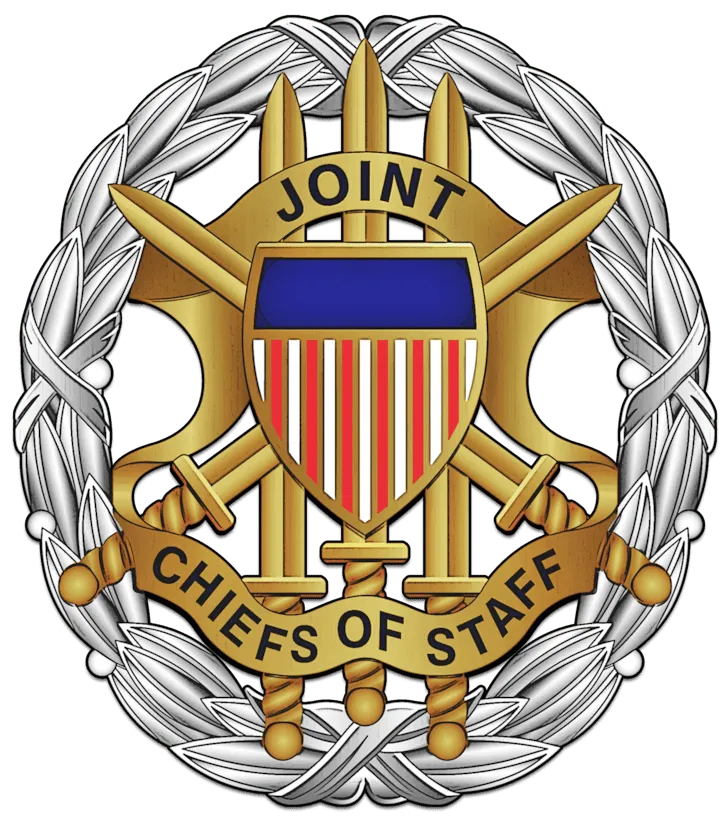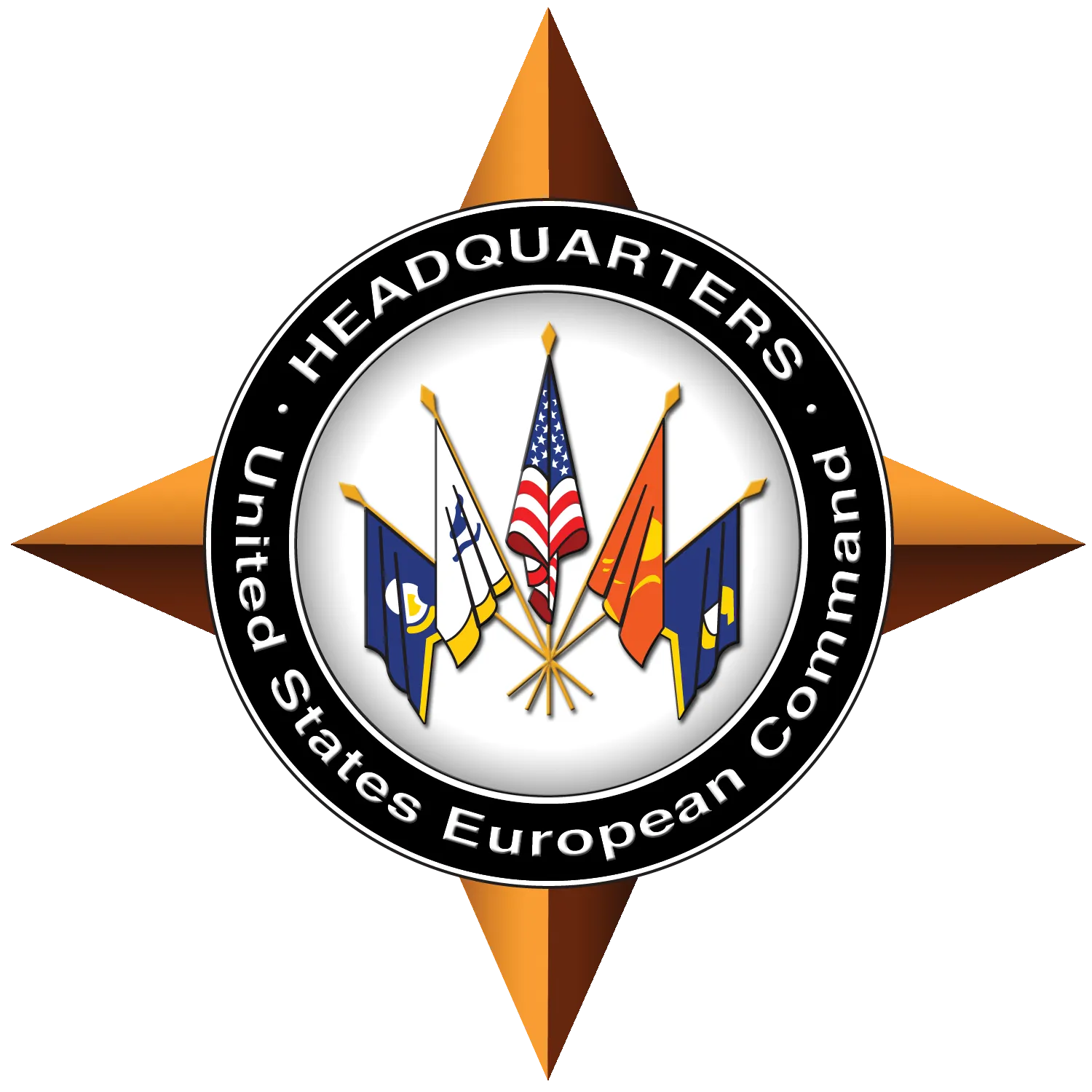Your Trusted Partner in Global Human Behavior Analytics
At NSI we specialize in delivering in-depth research and analysis on pressing concerns in national security, government and corporate sectors.
What We Do
NSI is a professional services firm specializing in multidisciplinary data-driven analytics. Our niche is helping clients more reliably and predictably understand people and their behaviors on critical, complex decision-making problems. Our team of researchers and analysts are highly diverse and experienced in applying various analytic methods grounded in multidisciplinary social and decision sciences. Our value proposition is deeper analysis and clarifying insights enabling our clients to make more informed and better decisions.
Deeper Analysis
To create meaningful analyses one must move beyond asking “what happened” and instead ask “why it happened” and understand the conditions under which it might happen again.
.webp)
Clarifying Insights
Data is abundant. Plots and graphs are easy. Insights are hard. But when they are created, they can be hugely powerful because they are actionable and create value for the client.
.webp)
Better Decisions
Diversity provokes thought. Decades of research have shown that, for solving complex problems, diversity – a fundamental tenet of NSI – creates far better results than does homogeneity.
.webp)
Solutions that Empower
Over nearly 19 years, NSI has provided its products and services to numerous government and commercial organizations. Initially established to support the Department of War (DoW) with social science expertise, NSI has expanded to include decision sciences and data-driven solutions, enhancing national security and organizational effectiveness across government and commercial sectors.
National Security Portfolio
NSI provides organizations in the military and intelligence community with mission-focused solutions to complex decision-making problems that span a wealth of strategic and operational imperatives in the national security space.
Human Capital/Data Science Portfolio
NSI provides a range of analytic services to government and commercial organizations in succession planning, organizational effectiveness, gaming, digital entertainment, business intelligence and customer service.
.jpg)
Middle East Unrest & Influences
NSI has provided Special Operations Command with a variety of research and analyses focused on the regional conflicts, influences, and unrest in the Middle East.
%20(1).webp)
Israeli-Palestinian Security
NSI contributed to a review for US Security Coordinator for Israel and Palestinian Authority assessing risks and gaps to Palestinian security sector reform measures.
%20(2).webp)
Brand Customer Sentiment
NSI supported a national health and safety agency with its operational, developmental, and management approaches to increase workforce efficiency, lower unwanted attrition, and improve mission effectiveness.
%20(1).webp)
Business Intelligence Analytics
NSI supported DHS with automated manually intensive reports, resulting in a quantum leap in efficiency. The work enabled the office to produce more city-level evaluations, faster, for less overall budget.
Analytic Services
Our clients typically seek analytic solutions to critical and complex decision-making problems requiring a deeper understanding of human behavior as it manifests in the social and business world. We offer a differentiated experience to our clients that leverages our diverse, multi-disciplinary expertise, formal training in multiple analytic methods, and significant industry and domain experience.
Complex System Analysis
Provide insights into complex operating environments by leveraging conceptual and computational modeling tools to analyze non-linear, integrated, and interconnected systems
Decision Analysis
Provide explicit assessments and comparisons of complex trade-offs, options, and priorities across multiple decision criteria including cost, feasibility, impact, and risk.
AI Workflows
Leverage the perfect balance between man and machine, leveraging the latest AI tools and technologies for more comprehensive, efficient, and rapid analysis and workflows.
Barrier Analysis
Apply proven techniques in business management and organizational psychology to identify and prevent “fear” barriers from paralyzing and stymieing your organization.
Business Analytics
Provide critical insights into key business objectives enabling clients to get more out of their data, make smarter business decisions, and maximize their bottom line.
Workforce Analytics
Apply deep behavioral science quantitative and qualitative research methodologies to maximize the effectiveness of your work policies and practices, while driving efficiency and mission effectiveness.
Human Behavior Analytics
Generalize and explain human behavior complexity in political, economic, societal, cultural, and social contexts using multidisciplinary social science analytic methods.
Stability Model Analysis
Systematically identify short and long term economic, social, and political drivers of instability and buffers to stability using a methodologically-grounded analytic model.
Virtual Think Tank (ViTTa)
Provide rapid, customizable analyses on emergent crises by tapping into the best and brightest minds, foreign voices, varied perspectives, and unconventional thinkers.
Discourse Analysis
Distill and quantify leader speeches, population chatter, social media, and other digitized commentary into meaningful terms, themes, patterns, and sentiments.
Strategic Multilayer Assessment (SMA) Hub
Strategic Multilayer Assessment (SMA), established in 2000 and sponsored by the Joint Staff, is NSI's primary national security customer.
Explore Our Comprehensive Research Publications
NSI maintains an extensive Publications archive of government-sponsored research and analysis products, various research efforts from our professional and technical staff, and a variety of corporate news items.
SMA Publications
NSI hosts a comprehensive Publications archive on behalf of the US Department of War (DOW) Strategic Multilayer Assessment (SMA) program and addresses challenging national security problems and operational imperatives.
NSI Publications
Tailored research publications authored by NSI experts, alongside podcasts, news updates, and company announcements, to meet your unique objectives and challenges.
SMA Speaker Series
Explore our collection of speaker series events from the Strategic Multilayer Assessment (SMA) program, where you can find reports, presentation slides, recordings, and more to enhance your knowledge.
Collaborate with NSI for Informed Decisions
01
Initial Consultation to Understand Your Needs
We discuss your objectives and tailor our research to meet them.
02
Research and Analysis for Comprehensive Insights
Our expert team conducts thorough research to provide actionable findings.
03
Receive Your Report
After we've conducted our research and gathered results, we'll send you the final report.
About NSI: Your Partner in Insight
At NSI, our mission is to illuminate complex social, political, and world issues through rigorous research and analysis. Our objective is to empower our clients with actionable insights on complex decision-making problems that drive impactful change.
Who We Work With
Over the last decade, NSI has supported many government and commercial clients from defense, intelligence, gaming, digital entertainment, business intelligence, and customer service. We have provided solutions to a wide variety of complex analytical and decision-making problems. Our solutions have enabled our clients to better understand people and their behaviors to make more informed and reliable decisions.







.png)
Frequently Asked Questions
Find answers to common questions about our research and services.
We provide in-depth research on social, political, and world issues. Our findings support government and commercial clients in decision-making. We tailor our services to meet specific client needs.
Collaboration begins with a consultation to understand your objectives. We then outline a research plan tailored to your needs. Reach out to us to start the conversation.
Our process involves thorough research, analysis, and reporting. We engage with clients throughout to ensure alignment with their goals. This collaborative approach enhances the relevance of our findings.
Publications are available through the online libraries (SMA Publications & NSI Publications). Clients can access reports and findings tailored to their interests. Sign up for updates to stay informed about new releases.
We serve a diverse range of clients, including government agencies and private sector companies. Our expertise is trusted by the US Department of War among others. We prioritize confidentiality and client satisfaction.
Contact Us
If you have questions, comments, or would just like more information about the company, send us a message.
